Hungarian Prime Minister Viktor Orban officially opened the European Political Community (EPC) summit in Budapest. In his speech, the Hungarian prime minister pointed out that the EPC meeting carries particular importance as Europe is facing a number of serious challenges, including the war in Ukraine, the conflicts in the Middle East and the instability unfolding in North Africa.
Europe's situation is difficult, complex and dangerous
Since October 2022, this is the fifth summit bringing together the heads of state and government of the European Political Community, Hungary's prime minister pointed out.
It is an honor that Hungary can continue President Emmanuel Macron's initiative and host the summit on Europe's security,
Hungary's premier said. Today's event is the biggest ever diplomatic event in Hungary, attended by 42 heads of state and government, heads of European Union institutions, leaders of the Council of Europe and NATO, and the representative of OSCE.
The situation Europe is in is difficult, complex and dangerous,
Viktor Orban said. He noted that Russia's war against Ukraine is in its third year and there is a threat of escalation in the conflict in the Middle East. Meanwhile, North Africa is being destabilized by conflicts, and illegal migration was an unending challenge for Europe and is once again approaching peak levels.
After the Cold War, the global economy is again facing the daunting prospect of fragmentation and the formation of blocs, and this is calling into question the foundations of the European model, threatening Europe's peace, stability and prosperity.
We have come together today because we believe that these threats and challenges affect us all,
he added.
Viktor Orban: Together we can be stronger
The answers we will give now could determine the future of Europe for decades. We believe that we can be stronger together than separately. Today, we need to examine whether we see the challenges ahead of us in a similar way, he said.
We must examine whether we are seeking answers in similar directions. We must also examine whether we can identify areas where we are able and ready to act together.
How can peace be restored in Europe?
In today's plenary session, we will look at Europe's security challenges, he said.
How can there be peace again in Europe? How can Europe take greater responsibility for its security and peace in future? How can Europe be more successful in protecting its interests? How can Europe remain a substantial player in the negotiations and processes that will decide its future,
said Viktor Orban, adding that these questions are particularly relevant in light of the recent US presidential elections.
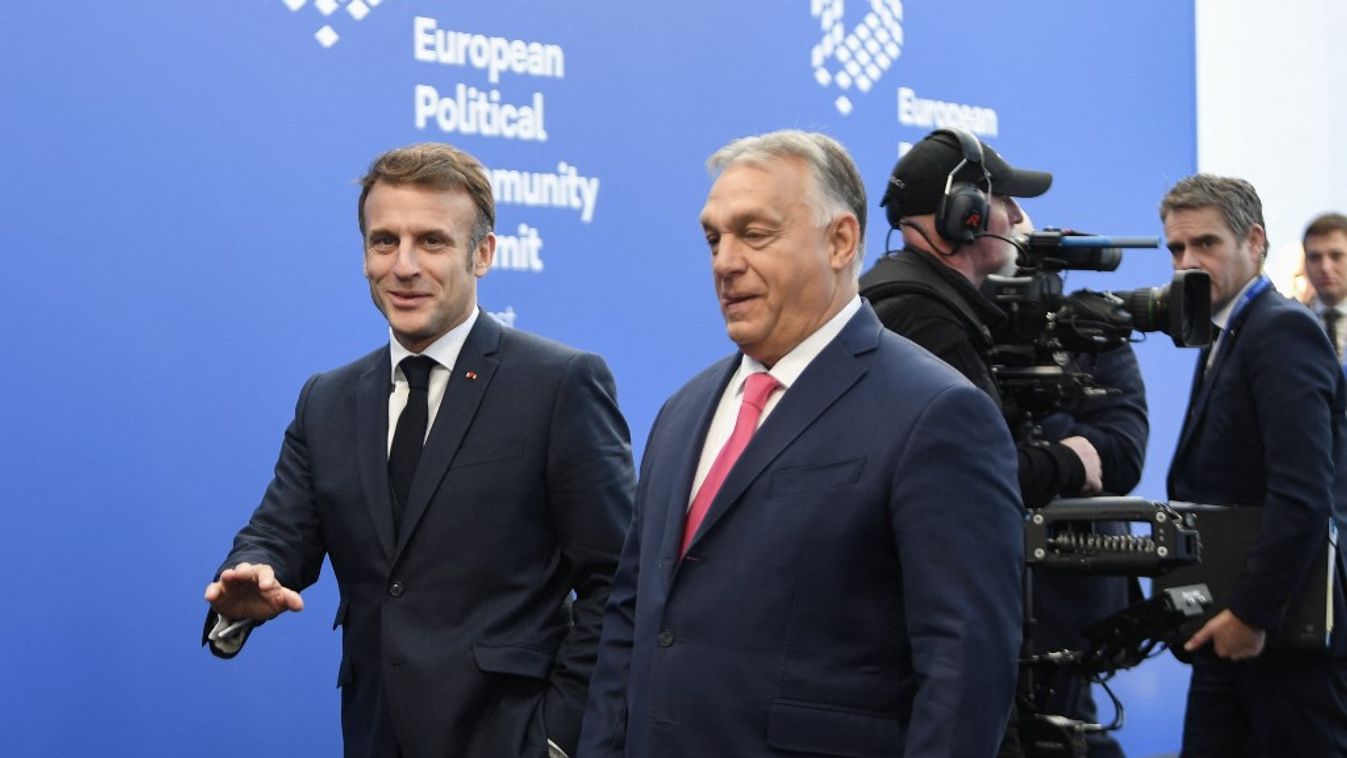
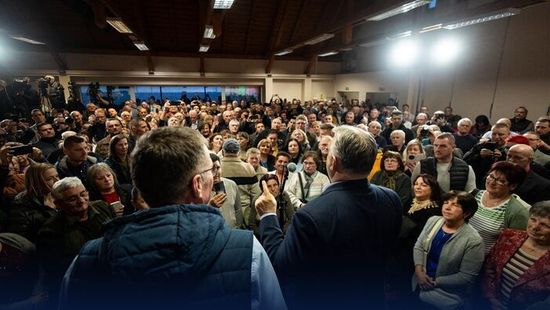
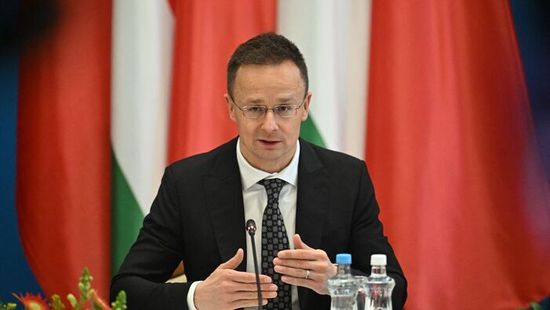
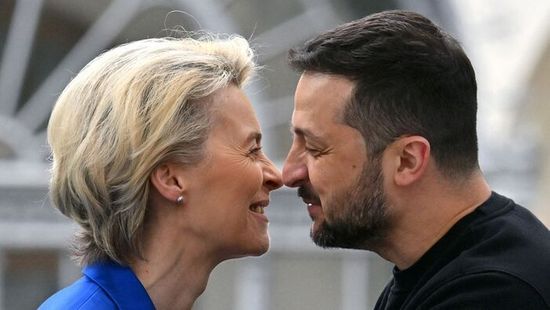
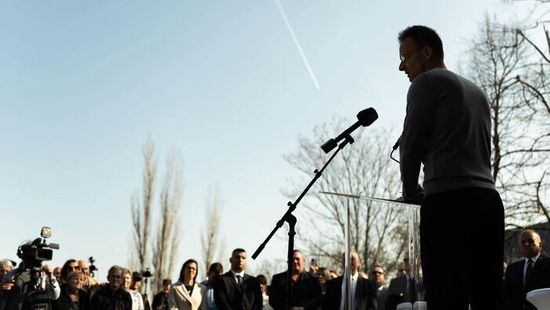

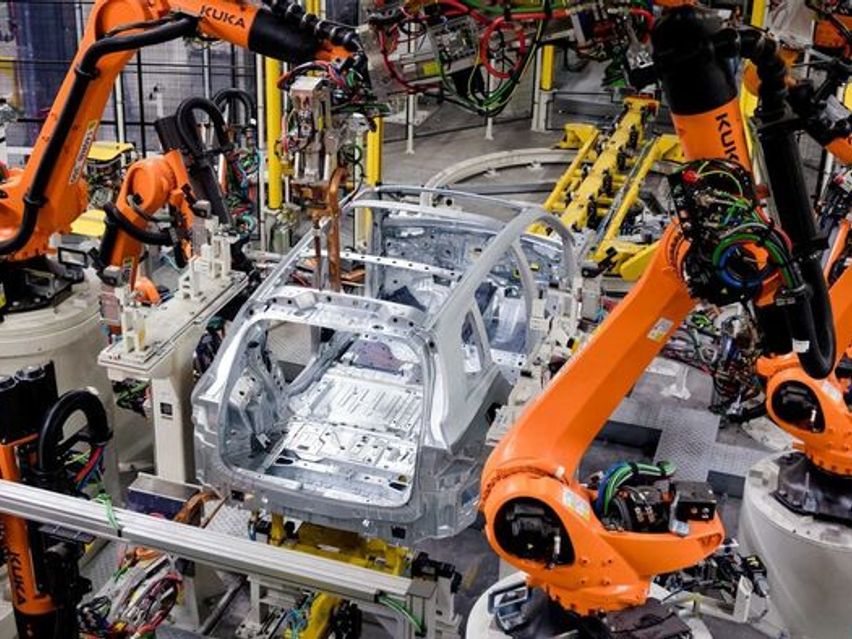
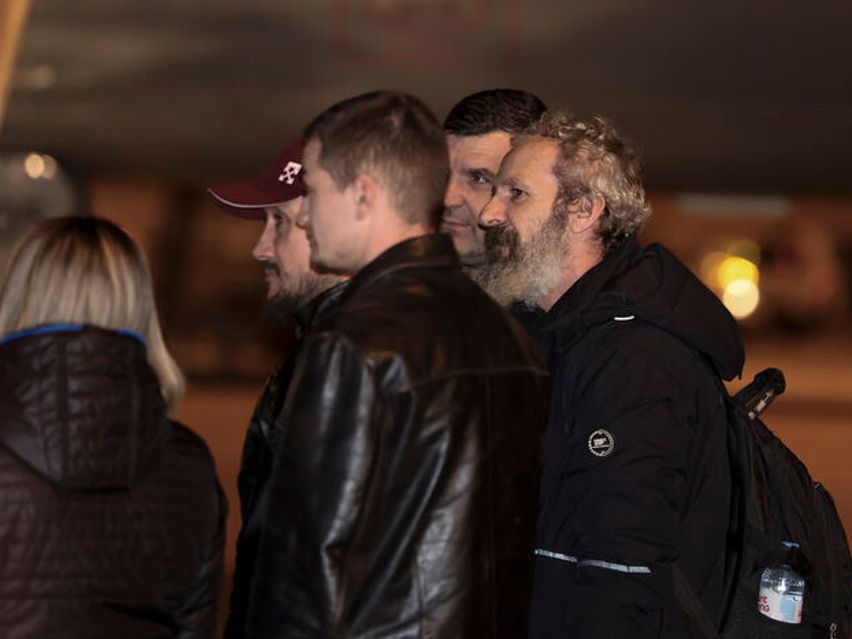
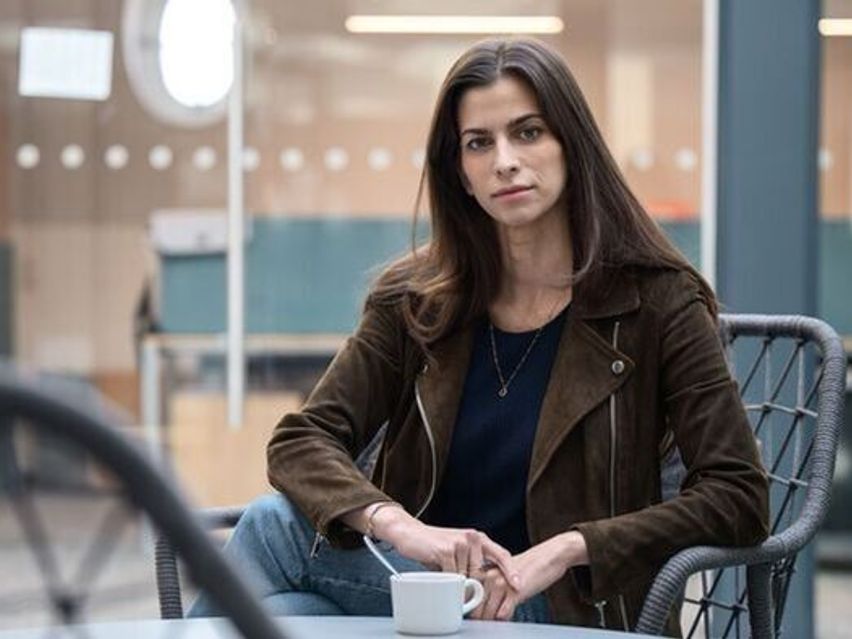
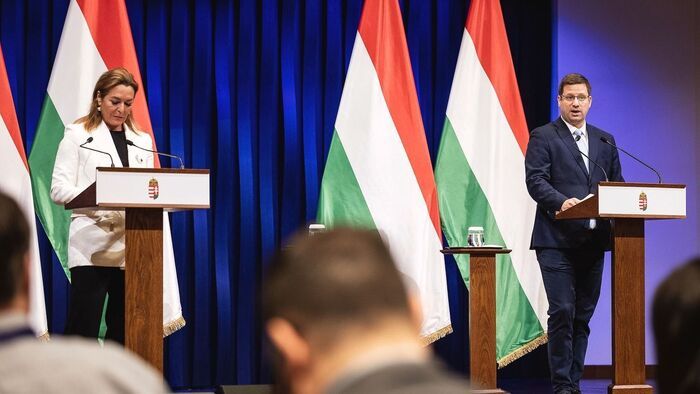

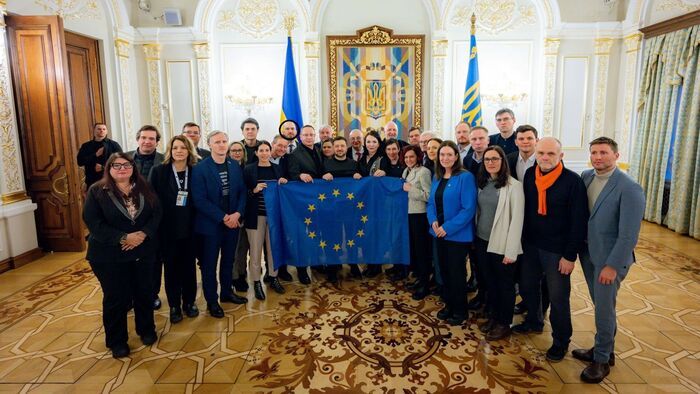
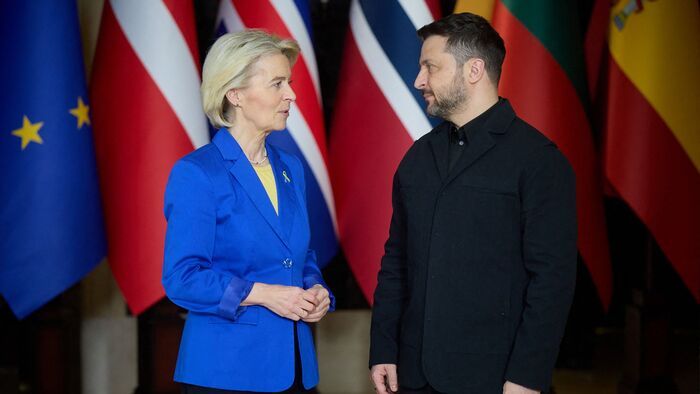
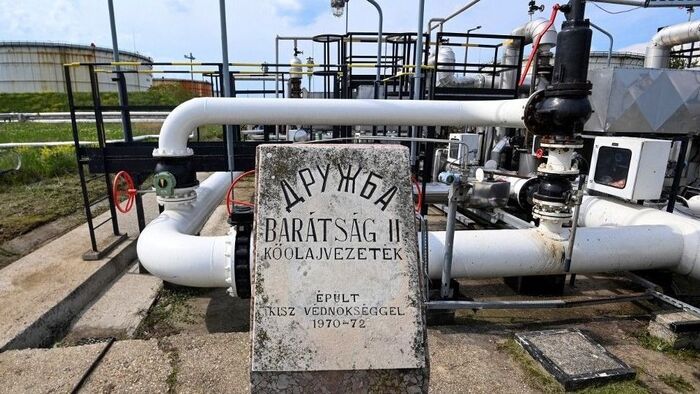
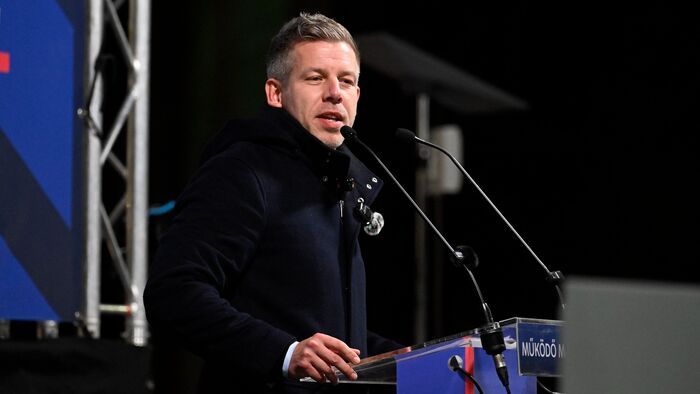
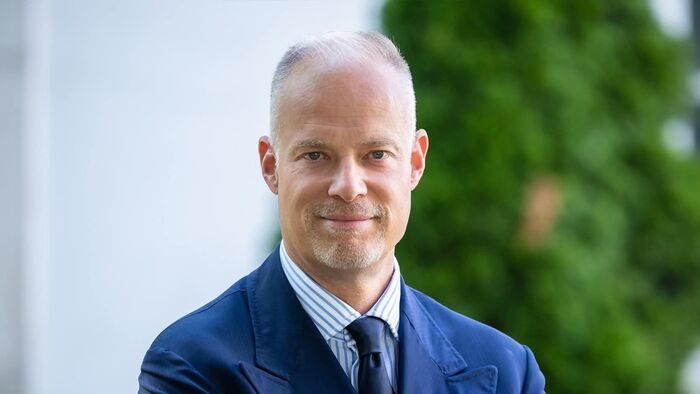
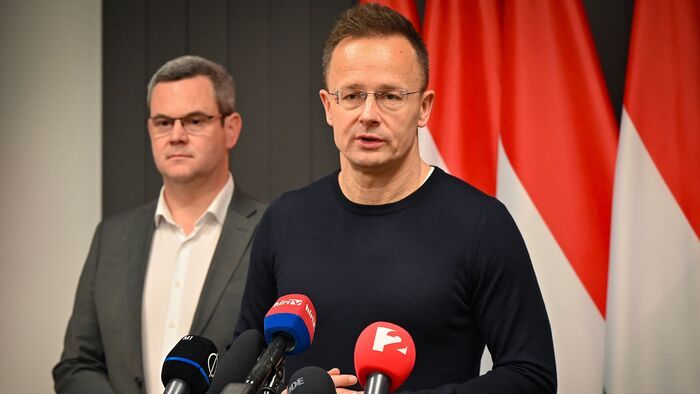
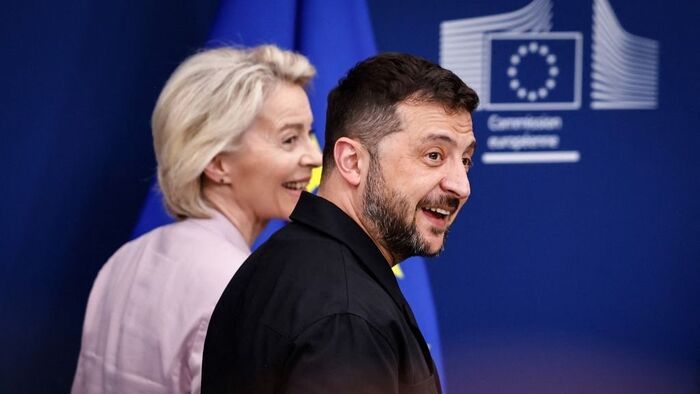

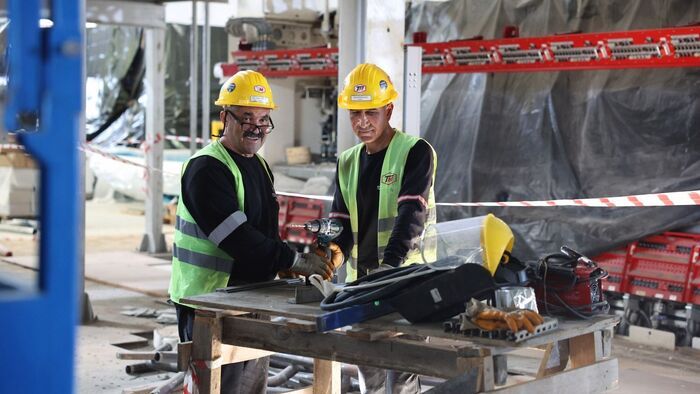
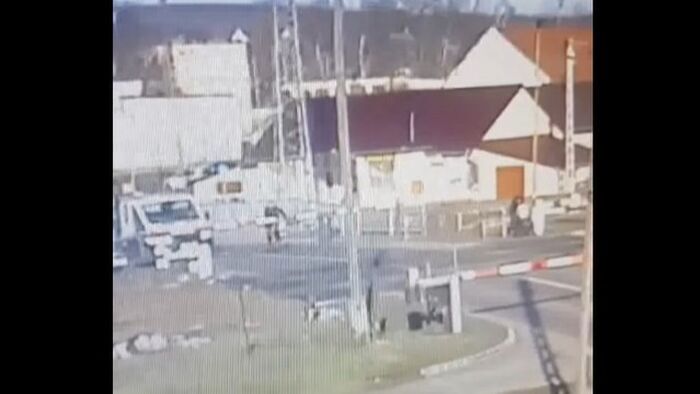

Szóljon hozzá!
Jelenleg csak a hozzászólások egy kis részét látja. Hozzászóláshoz és a további kommentek megtekintéséhez lépjen be, vagy regisztráljon!